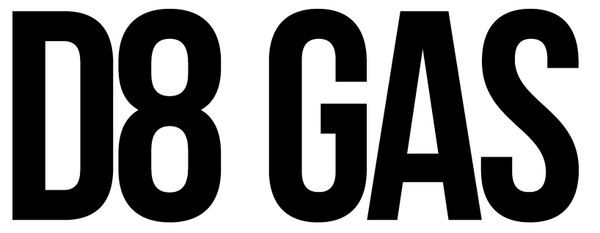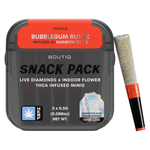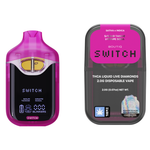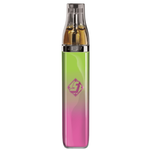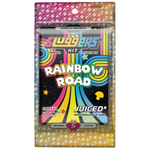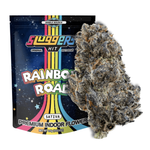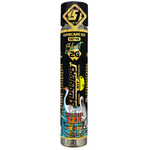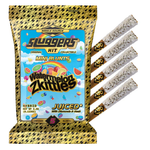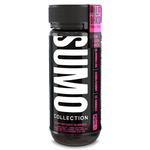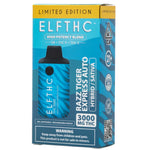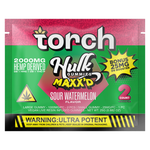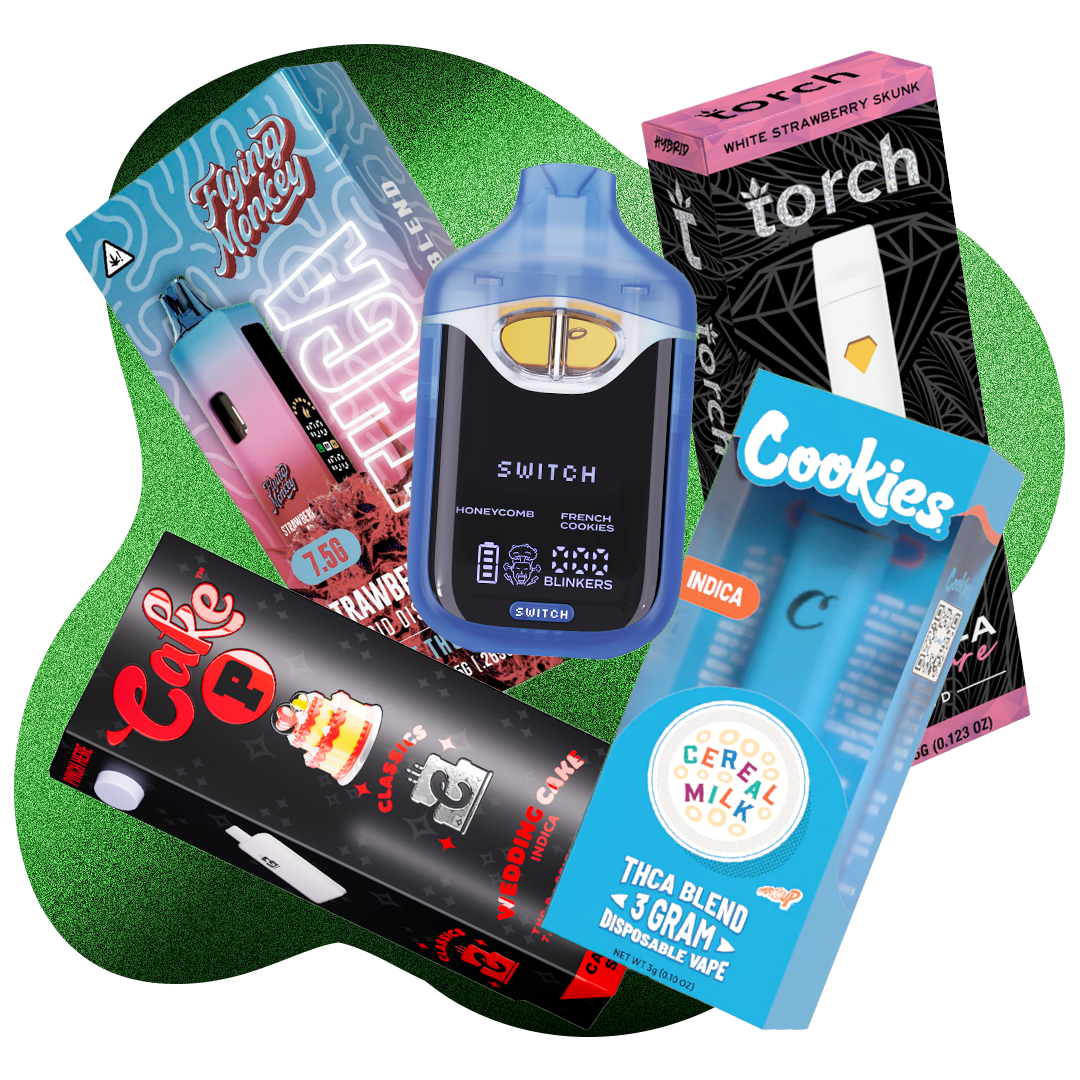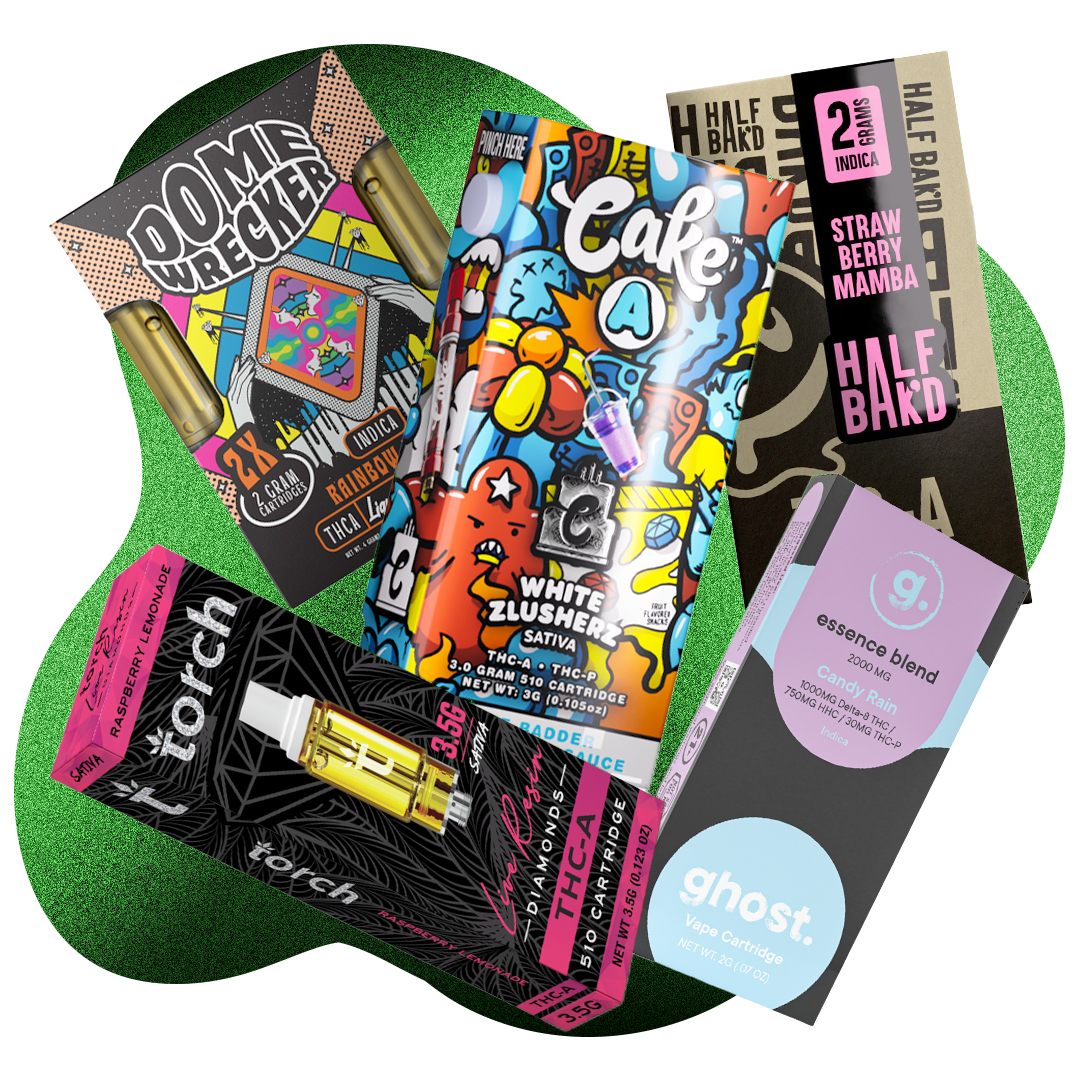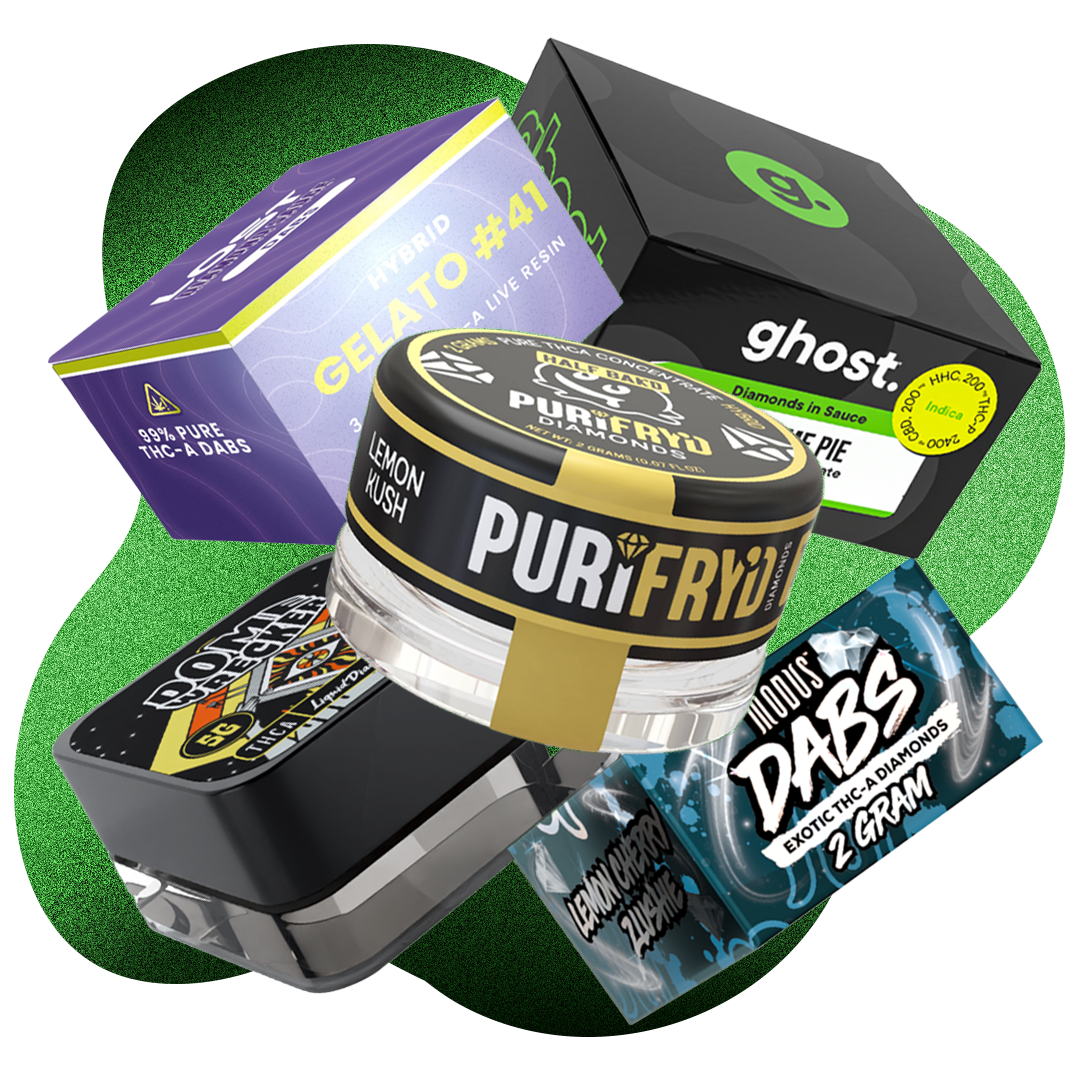Have you ever considered the distinction between THC-B and delta 9 THC? This article will look at both cannabinoids, their effects, and their differences. We'll be discussing the various uses each cannabinoid has and which one might be best for you depending on your specific needs. So, if you're interested in learning more about these two compounds, keep reading.
General Overview
THC-B is the more potent of the two hemp plants, meaning that it has a higher affinity for the body's receptors. It is also more psychoactive, meaning that it produces a stronger high. Delta 9 THC, on the other hand, is less potent and less psychoactive.
One of the most notable differences between THC-B and delta-9 THC is their half-lives in the body. THC-B has a shorter half-life than delta-9 THC, meaning that it leaves the system more quickly. This is one of the reasons why THC-B is often considered to be a better choice for medical use than Delta 9.
THC-B also has different effects on the brain than delta 9. Studies have shown that THC-B increases dopamine levels in the brain, while delta THC decreases them. This difference, in effect, may be responsible for the different mental states.
What is THC-B?
THC-B is the second most abundant cannabinoid in hemp plants and is known for its sedative effects. Unlike delta-9 THC, which is the most psychoactive cannabinoid, THC-B is not known to produce as much psychoactive effects.
THC-B is believed to interact with the CB2 receptor, which is located primarily in the peripheral nervous system. In this way, it has been suggested to have potential therapeutic applications for conditions such as inflammation and pain.
What is Delta 9 THC?
D9 is the main psychoactive ingredient in hemp plants. It is responsible for the "high" that people feel when they smoke or eat edibles.
Differences between THC-B and Delta 9 THC
When it comes to THC, there are two main types: THC-B and Delta 9 THC. Both of these have different effects on the human body. Here’s a closer look at the key differences between THC-B and Delta 9 THC:
THC-B is less psychoactive, meaning it does not produce the intense “high” associated with hemp use. On the other hand, Delta 9 THC is a lot more psychoactive and responsible for the stronger “high.”
Delta 9 THC is more potent than THC-B, meaning it has stronger effects on the human body. For this reason, Delta 9 THC is often used for medical purposes, while THC-B is more often used for recreational purposes.
Both Delta 9 THC and THC-B can be found in hemp plants. However, Delta 9 THC is more abundant in hemp plant strains that are bred for their high THC content.
Benefits of Each Cannabinoid
The main benefits of THC-B include its anti-inflammatory and analgesic properties, as well as its ability to stimulate appetite and reduce anxiety. Delta THC, on the other hand, is known for its sedative effects and is often used to help patients with insomnia. It can also be useful for treating pain and anxiety.
Both THC-B and Delta THC can be beneficial for different medical conditions, depending on the specific needs of the patient. However, it is very important to note that these compounds can produce psychoactive effects, so they should be used with caution by those who may be sensitive to these effects.
In summary, THC-B has anti-inflammatory and analgesic properties, stimulates appetite, and reduces anxiety. Delta THC has sedative effects and is often used to help patients with insomnia. Both compounds can be beneficial for different medical conditions but should be used with caution due to their psychoactive effects.
Medical Uses of Each Compound
The main difference between THC-B and delta THC is their medical uses. THC-B is known to be more effective in treating certain medical conditions, such as:
- Glaucoma: THC-B can help reduce pressure in the eye, which can relieve the symptoms of glaucoma.
- Inflammation: THC-B can help reduce inflammation throughout the body.
- Nausea and vomiting: THC-B can help to prevent nausea and vomiting, making it a valuable treatment for cancer patients undergoing chemotherapy.
- Delta THC, on the other hand, is not as well studied for its medical uses. However, delta THC has been shown to be effective in treating:
- Chronic pain: Delta THC can help to relieve chronic pain by reducing inflammation and pain signals sent to the brain.
- Anxiety: Delta THC can help to reduce anxiety by inducing relaxation.
- Insomnia: Delta THC can help to induce sleep, making it a valuable treatment for insomnia.
Side Effects of Each Cannabinoid
There are a few differences between THC-B and delta THC that result in different side effects for each compound. For instance, THC-B is known to produce more of a "body high" than delta THC, which can result in feelings of relaxation and sedation. Additionally, THC-B is less likely to cause anxiety or paranoia than delta THC. However, both compounds can cause dry mouth and red eyes.
Conclusion
In conclusion, it is clear that THC-B and delta-9 THC are two distinct compounds with separate effects. Delta-9 THC is the most studied hemp plant and has been linked to many of the psychoactive properties associated with the hemp plant. On the other hand, THC-B does not have any significant effects but can potentially provide a host of medical benefits when consumed responsibly. Understanding the differences between these two compounds could help inform your decisions about which products may be best for you.

